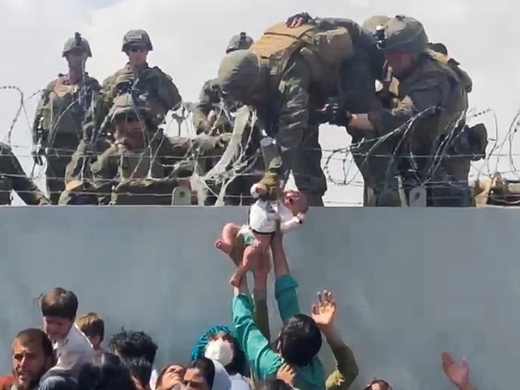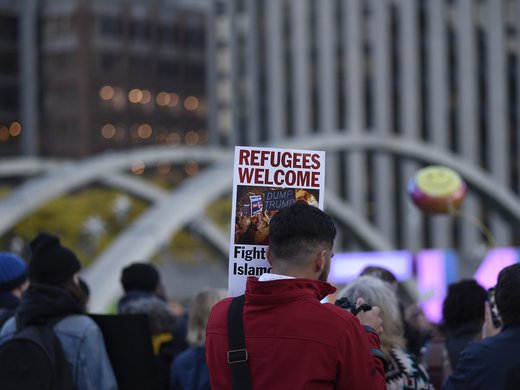Many commentators have suggested that the displacement of people across international borders is caused by a lack of “political will,” and that refugee situations could be averted, mitigated or resolved if only such will existed. However, there has been little serious analysis as to what “political will” means and how to generate and sustain it in a refugee context.
This paper is an initial attempt to address these neglected issues. It begins by defining the notion of political will and then outlines the gap between the protection principles formally espoused by states and the ways in which they treat refugees and asylum seekers in practice. The paper then identifies the key ways in which political will can be mobilized on behalf of refugee protection and solutions, focusing on the humanitarian interests of political leaders, the obligations that states have assumed in relation to refugees, the incentives that can be used to encourage compliance with refugee protection principles and the pressure that can be placed on states by other stakeholders.
Following an examination of interstate cooperation on refugee issues and the role of the UN Refugee Agency in promoting refugee protection and solutions, the paper concludes with a call for political will to be mobilized in a way that is evidence-based, geographically differentiated, inclusive of other actors, and sensitive to the situation of other people who are on the move and whose rights are also at risk.


